Jonathan Bailey opens up about growing up gay: “I felt really scared and alone”
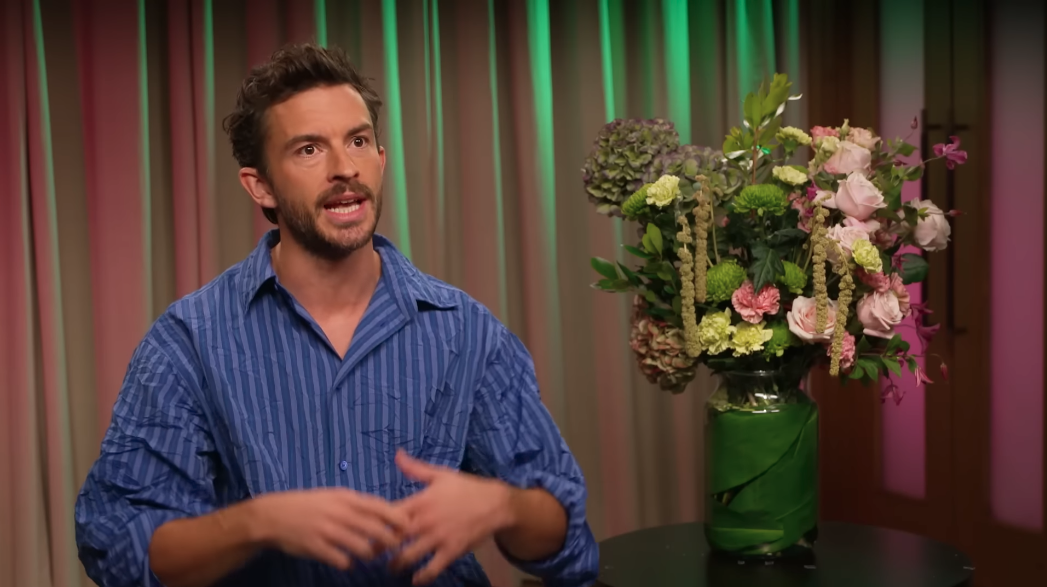
Jonathan Bailey, star of Wicked and Bridgerton, has spoken candidly about the challenges he faced growing up gay in school, describing those years as marked by fear and isolation.
In an exclusive conversation with Sky News, Bailey revealed: “I felt scared and I felt alone and I felt entirely limited at various points in my life.”
The actor, now a patron of the LGBTQ+ charity Just Like Us, used his promotional slot for Wicked: For Good to highlight the organisation’s work supporting young people in schools. He stressed how vital such initiatives are, saying: “That’s something I would have really benefited from when I was young.”
Research by Just Like Us paints a stark picture: LGBTQ+ pupils aged 11 to 18 are twice as likely to experience anxiety, depression and bullying, and only half feel safe at school on a daily basis. Bailey admitted, “I experienced all of that,” adding that his identity “wasn’t safe and it wasn’t celebrated”.
Despite these early struggles, Bailey has defied outdated stereotypes in his career. Historically, being openly gay was seen as a risk for actors cast in romantic leads. Bailey reflected on those limiting narratives: “I thought not only was I not going to be able to play these sorts of parts because of my sexuality, but that I wouldn’t be able to do Shakespeare because I didn’t go to drama school.”
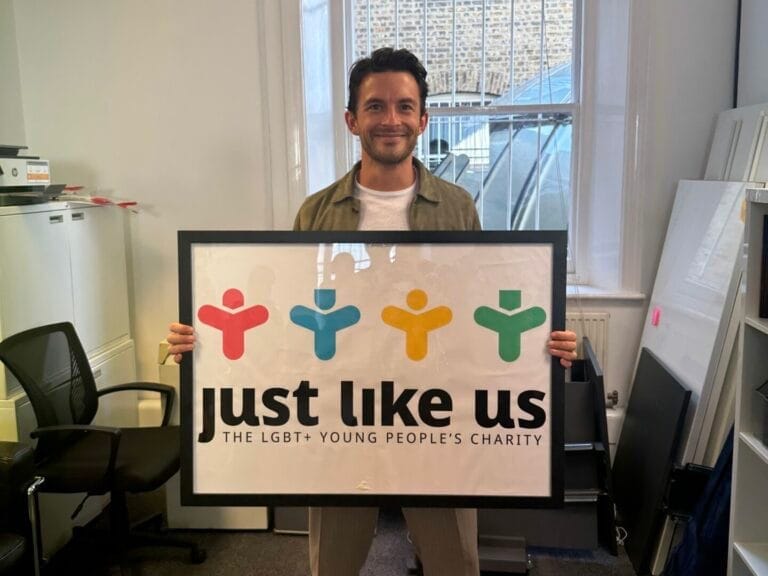
He believes education plays a crucial role in breaking such barriers: “Standing up and being safe enough to say who you really are, and to be vulnerable at that age… these formative years are inspiring to everyone in the classroom.”
However, Bailey expressed concern over tightening school budgets, warning that vital conversations about inclusion risk being sidelined. While he stopped short of prescribing solutions, he pledged to “do my bit” to support the cause.
Bailey’s advocacy comes amid backlash from conservative groups criticising LGBTQ+ representation in Wicked. Unfazed, he said: “I don’t even acknowledge that. The thing that’s important to me is how do I chat to little Johnny in all this.”
For Bailey, the message is clear: creating safe spaces for young people to embrace their identities is not just about sexuality - it’s about dismantling all limiting narratives tied to race, class and background.
Support independent LGBTQ+ journalism
Scene was founded in Brighton in 1993, at a time when news stories about Pride protests were considered radical. Since then, Scene has remained proudly independent, building a platform for queer voices. Every subscription helps us to report on the stories that matter to LGBTQ+ people across the UK and beyond.
Your support funds our journalists and contributes to Pride Community Foundation’s grant-making and policy work.
Subscribe today

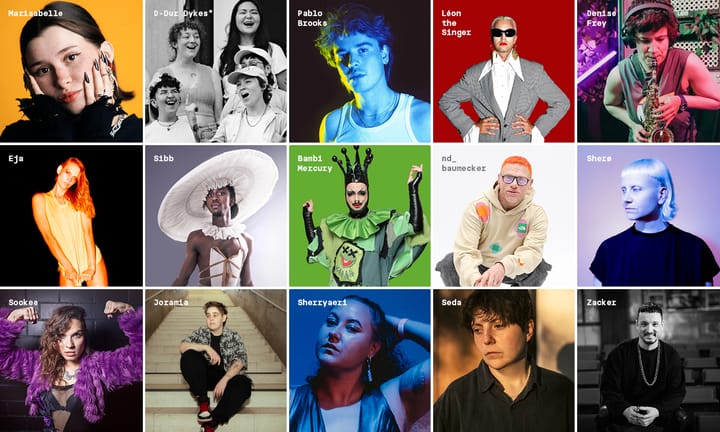
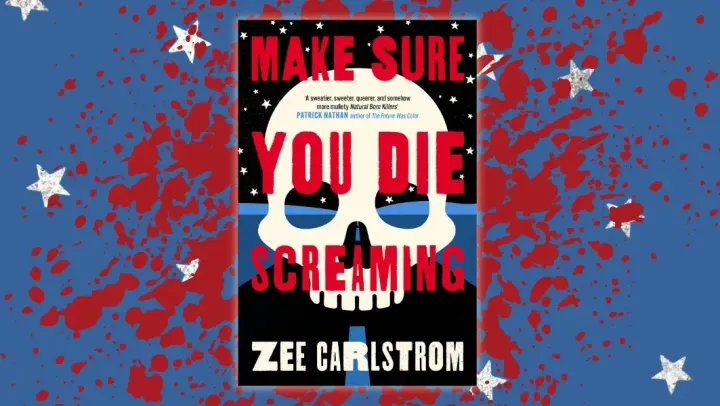
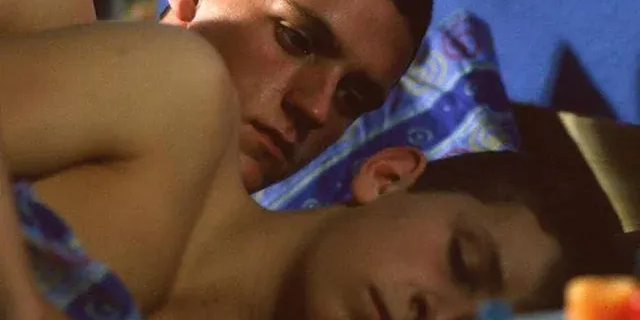
Comments ()